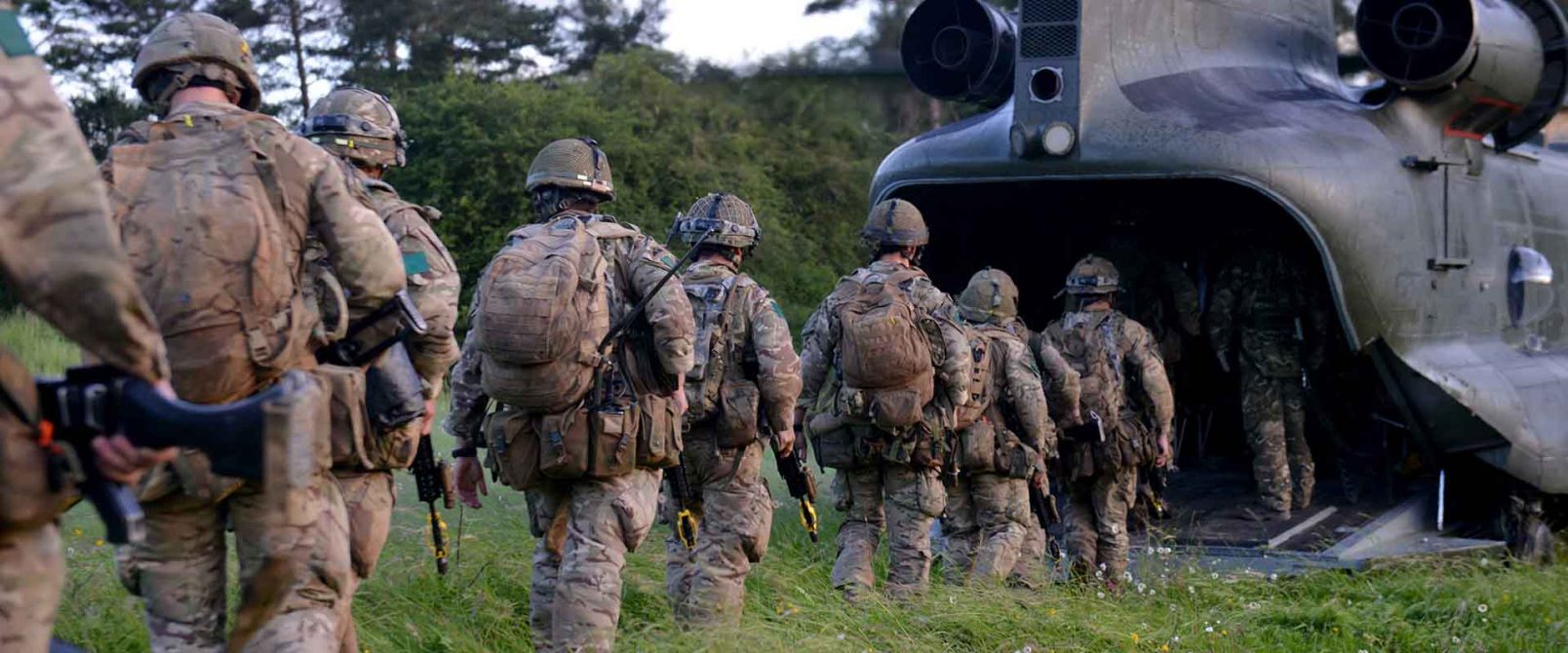Wherever you plan to go after the forces, it’s worth looking at what you’ve done so far, and how best to present it all. You’ll have a strong offer to make to potential employers. It’s just a matter of working out how best to tell it.
Start by reviewing your forces career and listing your experiences, qualifications and skills. When you’ve done this, work out what you want to do, and what level you should aim at. We have some information to help with this.
Then, compare your list to the role you have in mind. Plan how you are going to ‘fill any gaps’ in terms of work experience, training or qualifications.
When you’re ready, it’s time to create your CV and covering letter. Here are a few tips for this:
- Civilianise your CV, but not too much. For your work history, you should include your military title and rank, and offer a civilian equivalent
- Ensure your CV is in reverse chronological order; no more than two pages long; and targeted at the specific company and role that you’re applying for
- Use your covering letter to explain both how you’re potentially suitable for the role. and what you’re doing in your resettlement to prepare for the role
- Offer to undertake a period of work experience during your resettlement time, and request advice about the best training to undertake
- Start your search with companies that have signed the Armed Forces Covenant, as they should be inherently more forces-friendly.
For more information please visit:
